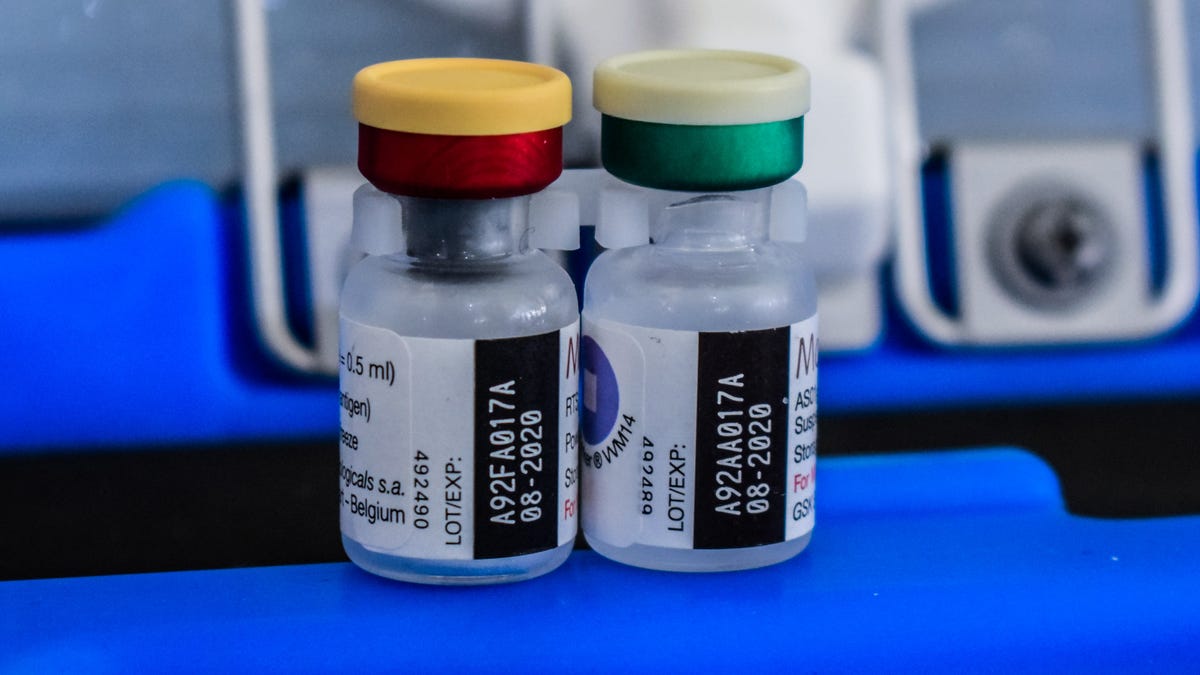WHO approves the world's first malaria vaccine
The vaccine is the first approved vaccine for malaria, which is a leading cause of death in children who live in areas with high transmission, such as sub-Saharan Africa.

The World Health Organization said Wednesday it's recommending a malaria vaccine in children who live in sub-Saharan Africa and other regions with malaria transmission. According to the WHO, more than 260,000 African children under the age of 5 die annually from the mosquito-born illness.
The vaccine, called Mosquirix, is made by GlaxoSmithKline and is 30% effective in reducing severe malaria caused by Plasmodium falciparum, the most life-threatening type of malaria, according to the CDC. Plasmodium falciparum is common in African countries south of the Sahara Desert. The WHO said its recommendation is based on encouraging results of a pilot program in Ghana, Kenya and Malawi that included more than 800,000 children.
The vaccine is recommended in children at risk for malaria starting at age 5 months and is a series of four doses, the WHO said.
Mosquirix is the first vaccine developed to prevent contracting malaria, but its 30% effectiveness rate is far from perfect. When used with other measures meant to help stop the spread of malaria, such as bed nets with insecticide, the vaccine has the potential to save "tens of thousands of young lives each year," said WHO Director-General Dr. Tedros Adhanom Ghebreyesus.
It's also the first vaccine ever made to prevent a parasitic infection, The New York Times reported, which is more complex than developing a vaccine for a virus or bacteria.
"Today's recommendation offers a glimmer of hope for the continent which shoulders the heaviest burden of the disease," Dr. Matshidiso Moeti, WHO regional director for Africa, said in a statement. "And we expect many more African children to be protected from malaria and grow into healthy adults."
Malaria causes flu-like illness and can lead to a high fever, chills, headache and other symptoms, according to the CDC, but it can be treated if someone has access to medical care. In 2019, children under age 5 made up 67% of worldwide malaria deaths, per the WHO, with the vast majority of them in Africa.

